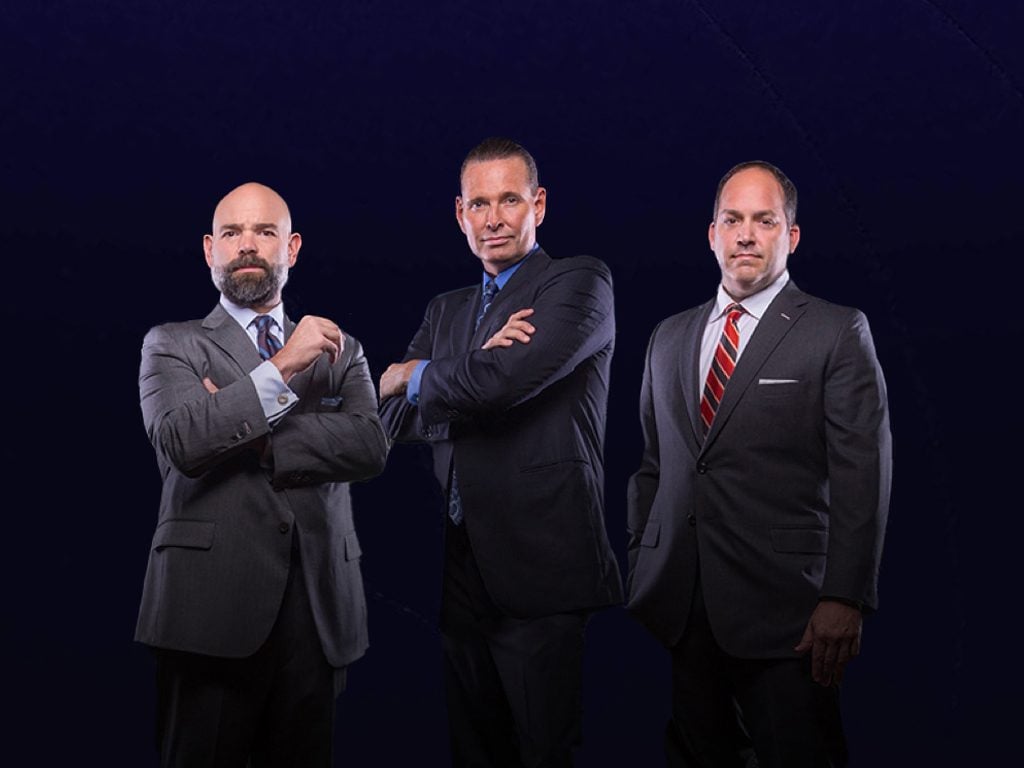Want to know how to get traffic camera video footage after sustaining a car accident injury? Follow the six steps outlined below.
Step 1. Identify the location of the traffic camera:
The first step in obtaining traffic camera video footage of a car accident is to identify the location of the traffic camera that may have captured the crash. This can be done by reviewing the police report or by contacting the local police department or department of transportation.
Step 2. Determine the jurisdiction of the camera:
Once you've identified the location of the traffic camera, you need to determine the jurisdiction of the camera. Is the camera operated by the local police department, department of transportation, or a private company? This information is important because it will determine who to contact to obtain the video footage.
Step 3. Contact the appropriate agency:
After you've identified the jurisdiction of the camera, you need to contact the appropriate agency to request the video footage. This may involve contacting the local police department or department of transportation, or a private company if they operate the camera.
Step 4. Request the video footage:
When you contact the appropriate agency, you will need to request the video footage of the car accident. Be prepared to provide details about the accident, including the date and time, location, and any other relevant information.
After you've requested the video footage, follow up on your request to ensure that it's being processed. Be persistent but polite in your follow-up calls or emails.
In some cases, the agency may require you to provide a release form before they can release the video footage. This form may include a statement that you will not use the video footage for any other purpose than for your own personal use.
In addition, some agencies may charge a fee for providing the video footage. Make sure you ask about any fees before you request the footage, and be prepared to pay if necessary.
Step 5. Review the footage:
Once you've obtained the video footage, review it carefully. Take note of any details that may help determine the cause of the accident, such as the position of the vehicles, the speed of the vehicles, and any other relevant information.
Remember that the video footage you've obtained may contain sensitive information, such as the identity of other drivers or passengers involved in the accident. Use the footage responsibly and only share it with others who have a legitimate need to see it.
Step 6. Seek legal advice:
If you're unsure about how to proceed after obtaining the video footage, seek legal advice from an experienced car accident injury attorney. They can help you understand your rights and obligations and can advise you on how to use the video footage effectively.



